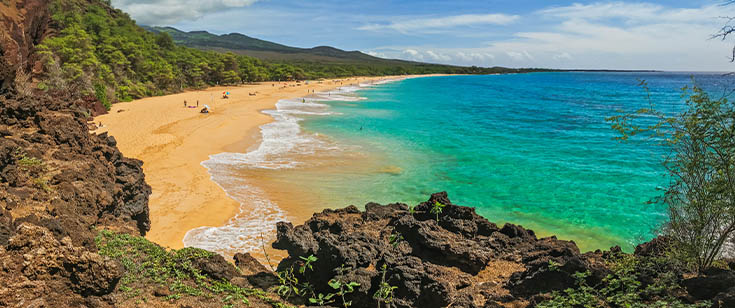In an ideal world, this column would consist of 4 words: Go anywhere you like. In reality, the tourism industry has a long way to go toward welcoming travelers with disabilities.
Thanks partly to a decade of advocacy work, though, we’re starting to see notable improvements and more inclusive options. More than 1 billion people live with some type of mobility, sensory, cognitive, or other challenge, according to the United Nations.
Fortunately, an ever-growing pool of destinations is actively working toward inclusivity. So whether you’re after adventure, luxury, beach days, or cultural deep dives, disabilities needn’t keep you home.
Amsterdam, Singapore, Paris, Tokyo, and Las Vegas all rank high on various lists of the world’s most accessible destinations. Greece recently added wheelchair access to more than 200 of its beaches.
And Visalia, California, was designated as the first-ever Certified Autism Destination, awarded by the International Board of Credentialing and Continuing Education Standards. At least 80% of the city’s tourist-facing staff have been trained in autism and sensory disorders.
Before you depart, do your research.
“Disability needs differ for each person,” says Alvaro Silberstein, co-founder of Wheel the World, a booking platform that specializes in accessible travel. “And every disability is complex. The information we need is complex.”
As the first wheelchair user to complete Patagonia’s famed and formidable W Trek, Silberstein knows that logistics can be challenging for travelers with mobility impairments. His platform gathers detailed intel on lodging and attractions, trains people to use adaptive equipment, and organizes inclusive itineraries, including the first-ever wheelchair-friendly tour of Machu Picchu.
A number of travel agencies plan small-group and private vacations for travelers with disabilities. Seable Holidays, for example, specializes in trips for blind and partially sighted travelers.
Of course, getting there is often half the battle. From terminals that can be sensory nightmares to inconsistently trained TSA staff to rules that require personal wheelchairs to be checked, airports are notorious pain points. Travelers might consider going by train, car, or cruise ship instead.
“There’s still lots to be done,” Silberstein says. “The more people are aware that it’s hard for a person with disabilities to travel, the more it changes the mindset of how services are put together.”





